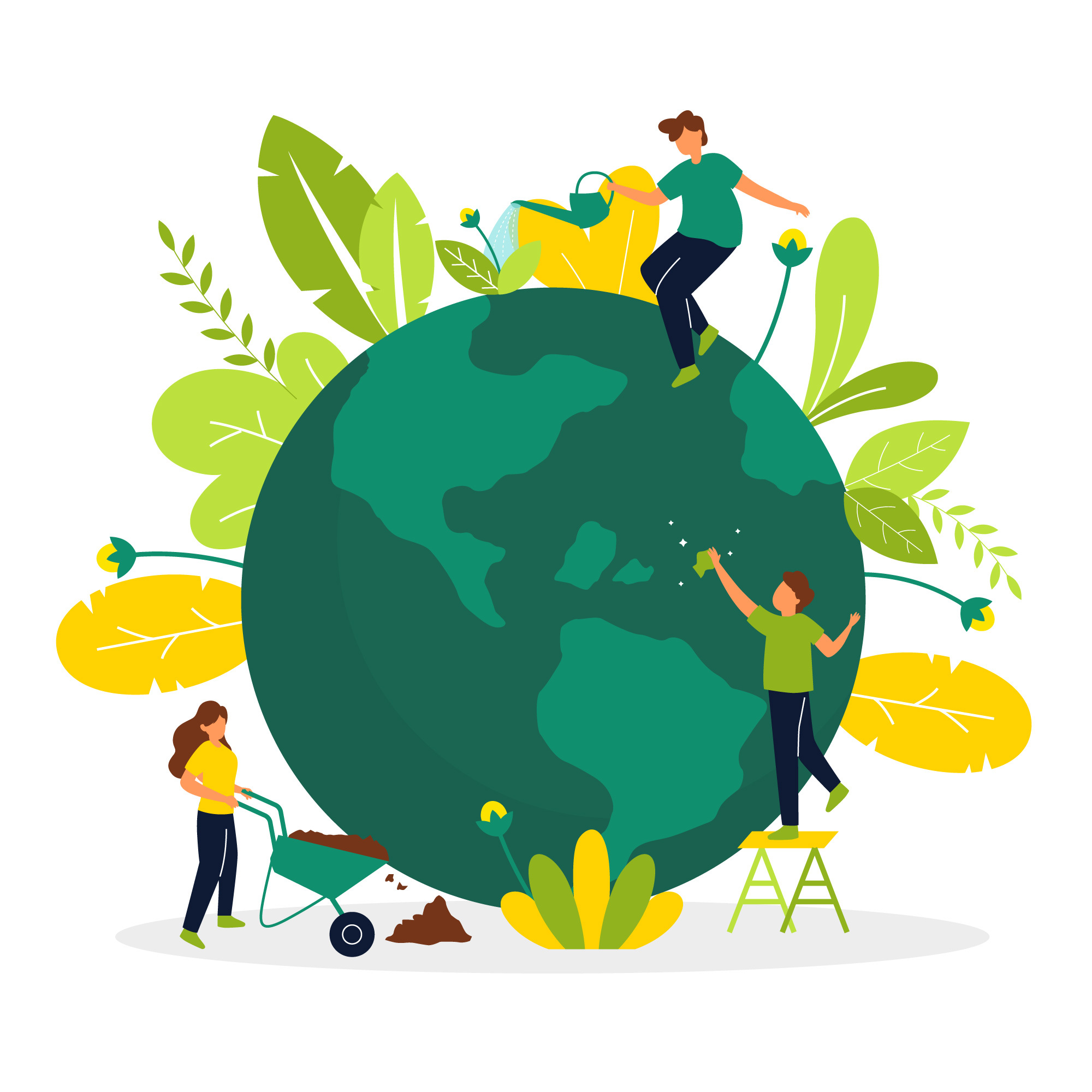From Brunello Cucinelli and Stella McCartney, two examples of how creativity and innovation can help create sustainable fashion; and a few updates from our Maglificio.
The Cop28 that recently ended in Dubai led to an agreement described as “historic”: the final document commits the parties explicitly, and for the first time, to the reduction of all fossil fuels by 2050, defining the next decade as “critical” to implement the process.
Fashion cannot be a stranger to such change, on the contrary: at Maglificio Pini, we are convinced that creativity and innovation can point to new paths to take, sustainable paths that respect our planet, with concrete actions.
For a fashion that looks to the future
In the spaces of the Dubai Expo, fashion was present with several proposals. Among them, two in particular caught the eye.
Brunello Cucinelli went deeper into a project inspired by “human sustainability,” which aims to restore harmony among small local communities, regenerate degraded landscapes, and recover textile and craft traditions. The proposal translates into supporting local cashmere, cotton and silk economies, with a focus on protecting Himalayan biodiversity. For example, the restoration of forests in Assam province is being taken care of, while in Ladakh, pashmina fiber is seeing local production take center stage.
Still as part of the conference, Stella McCartney presented an installation in the Green Zone, gathering proposals from fifteen innovators specializing in regenerative agriculture and plant-based and organic alternatives to materials used in the industry. For example, animal skin is replaced by a grape-based material made in collaboration with Veuve Clicquot, but also the possibility of making garments with Protein Evolution organic leather is highlighted.
The path towards sustainability of our Maglificio
From Dubai to Forlì, as Maglificio Pini over the past few years we have paid special attention to the theme of conscious fashion that is mindful of our future, as humanity and as a planet: we tell this story often and we will never get tired of doing so.
For us, too, there is a need to think about sustainability, and in particular we focus on one hand on cutting emissions and on the other hand on developing projects with the least environmental impact. For example, we have begun to offer our customers the use fibers such as recycled cashmere and viscose. In addition, we are constantly renewing our certifications, such as Re.Verso™, for giving new life to yarn waste, and Impresa Etica®, on corporate responsibility.
From a territorial point of view, our engagement with schools continues, and in this regard, one anecdote in particular will remain dear in our memory: last September, during a visit to the schools in Forlì after the tremendous flood that devastated Emilia-Romagna, President Sergio Mattarella met one of our interns. At that moment we recalled how doing business is, and should be, an extraordinary resource, with respect for people, the territory and the entire planet.

